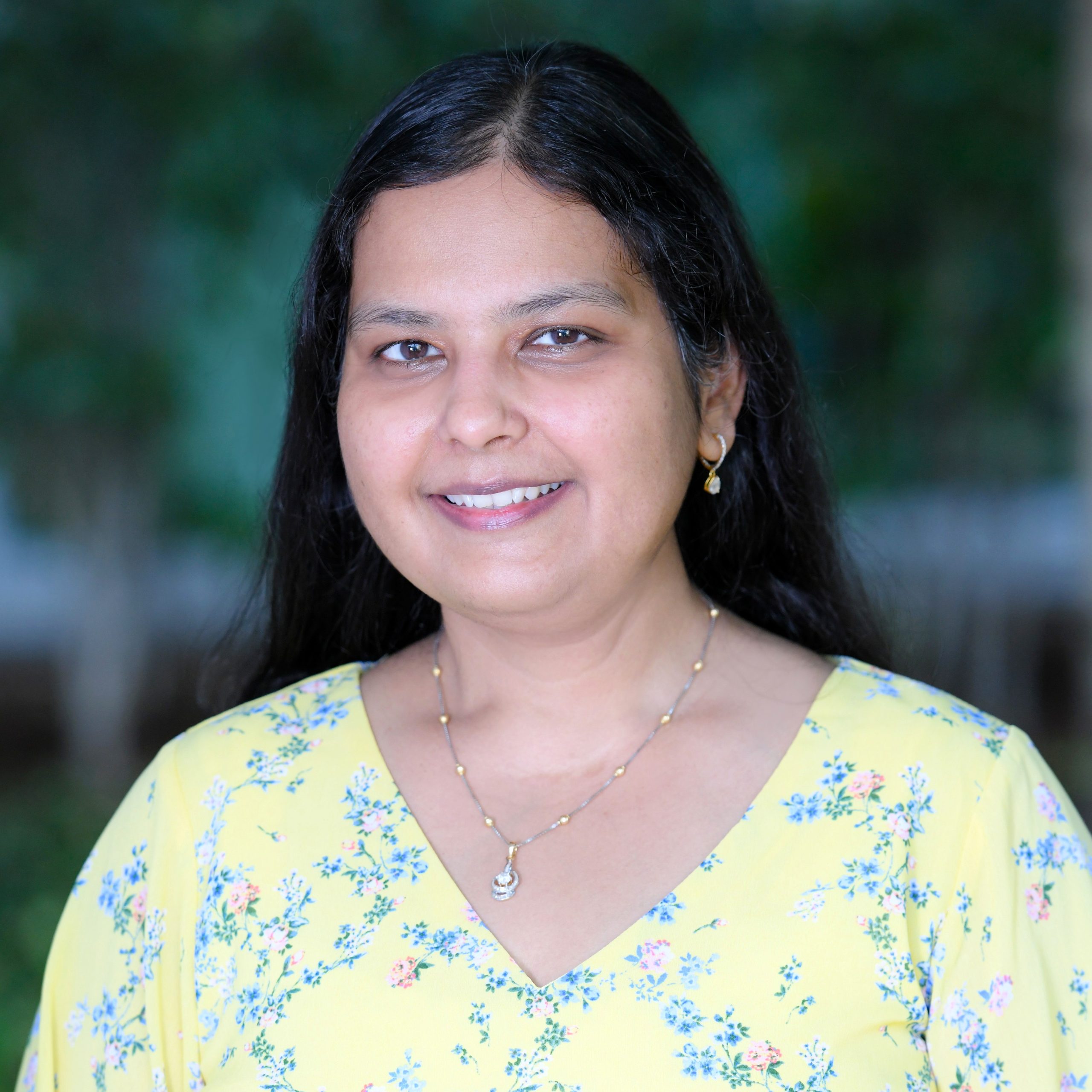Podcast-Chronic Lung Disease (CLD)
Learning Objectives
At the end of this episode, participants should be able to:
- Define what constitutes chronic lung disease
- Understand how to approach management of children with CLD
Intended Audience:
This online course is designed for pediatricians, family physicians, Allergy specialists, pulmonologists and nurses, as well as other health care providers and managers.
Abstract:
In this podcast, Dr. Eyal Ben Isaac interviews Dr. Manvi Bansal about chronic lung disease (CLD), a term encompassing various chronic pulmonary disorders characterized by ongoing inflammation and repair, impacting growth and development. CLD can result from genetic abnormalities like cystic fibrosis, primary ciliary dyskinesia, neuromuscular weakness, chronic aspiration, ventilator-associated lung injury, prematurity, asthma, and childhood interstitial lung diseases. Dr. Bansal discusses bronchopulmonary dysplasia (BPD), a type of CLD associated with prematurity, which is defined by specific histological, physiological, or clinical criteria that have evolved over time. New classifications may exclude some infants previously diagnosed with mild BPD under older definitions, grouping them instead under post-prematurity respiratory disease. Diagnosis and management of CLD rely on understanding the underlying pathophysiology, guided by thorough history, examination, and diagnostic tests such as imaging, swallow evaluation, breathing tests, and flexible bronchoscopy. Dr. Bansal explains that treatment is tailored accordingly, ranging from aggressive airway clearance and antibiotics to bronchodilators and steroids. Addressing anatomical issues like laryngeal clefts and tracheoesophageal fistulas is also crucial. She emphasizes the role of preventative measures, including immunization, smoking prevention, hand hygiene, and parent education, in managing CLD.
Assessment and Earning CME Credit:
This course in English is not CME-accredited. However, it provides valuable educational content that can enhance your knowledge and skills in the subject matter. To receive CME credit for this course in Armenia, you must take the course in Armenian and complete the post-course quiz. You have three chances to achieve a passing score of 70%. Once you pass the quiz, we will send your information to the Armenian Ministry of Health for credits.

Dr. Manvi Bansal
Dr. Manvi Bansal is a Clinical Associate Professor of Pediatrics at Children’s Hospital Los Angeles. Her interest in premature born children with bronchopulmonary dysplasia derives from her initial work during fellowship years. Children born prematurely often have comorbidities including significant lung disease, airway problems, and pulmonary hypertension, with limited information in literature leading to variable outpatient care. Dr. Bansal received the Dean’s fellowship award, funding two years of her fellowship for a project looking at desaturations in preterm infants as part of the NIH-funded multicenter study, Prematurity, and Respiratory Outcomes Program (PROP). She continued to work thereafter at CHLA as a Clinical Assistant and now as a Clinical Associate Professor, caring for and participating in research related to infants born premature. Dr. Bansal co-directs the infant chronic lung disease program at CHLA and serves as the Principal Investigator for her center for the multicenter initiative called BPD collaborative. Her research interests primarily lie in neonatal lung disease besides aerodigestive disorders, mechanical ventilation, flexible bronchoscopy, and childhood interstitial lung disease. She has mentored fellows in research related to BPD, with their work being presented at international American Thoracic Society conferences and eventually leading to publications in reputed journals. Additionally, she directs the flexible bronchoscopy and home mechanical ventilation program and regularly conducts didactics on the same for the fellowship program. Dr. Bansal enjoys collaboration and publications through her collaborations with her peers. In collaboration with ENT and GI colleagues, she co-directs the aerodigestive clinic and partners with other specialties like Anesthesia and Pediatric Surgery to strengthen both clinical and research frontiers.
